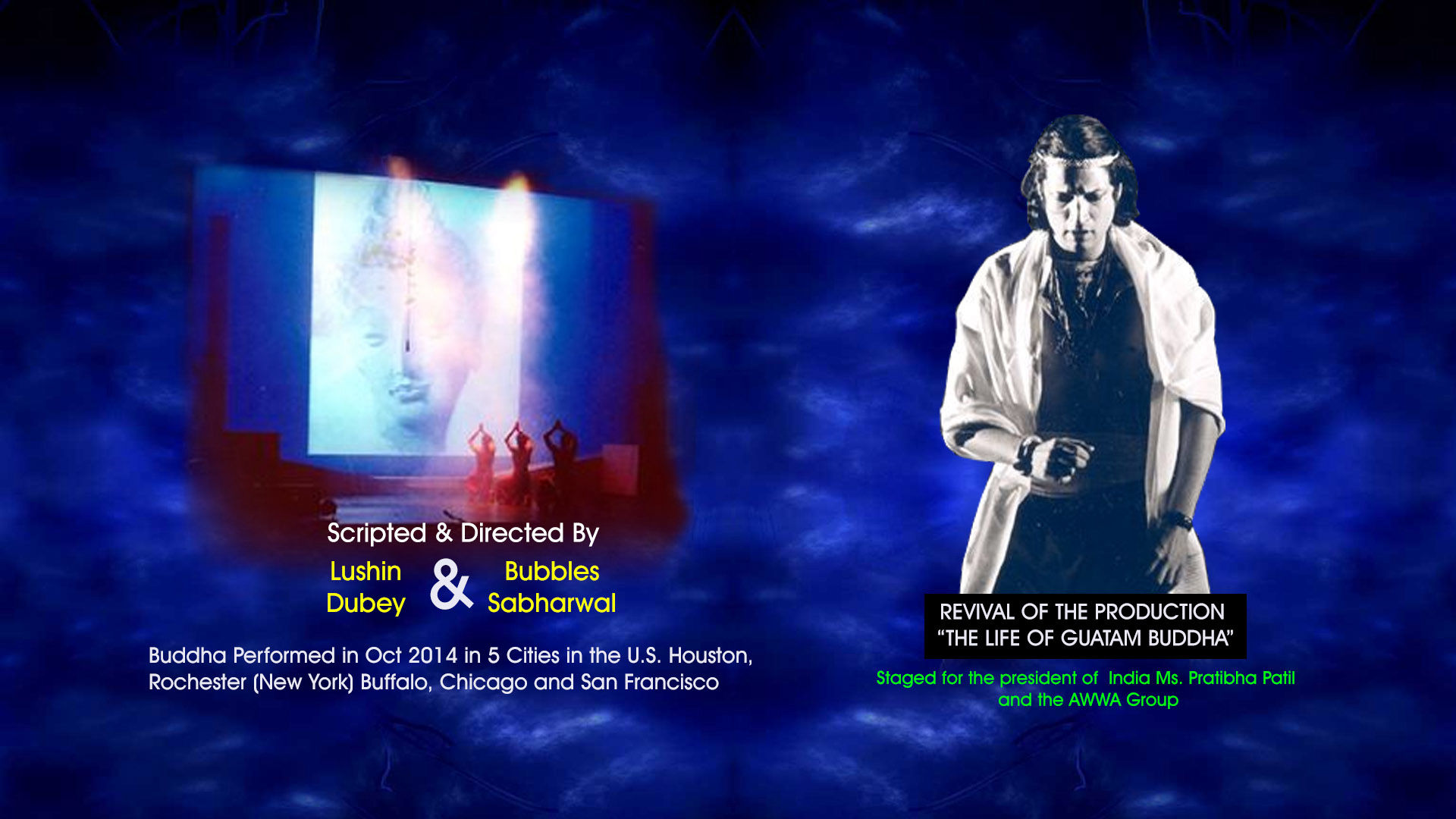

Sponsored by ITRHD ( Indian Trust for Rural Heritage Development) headed by its legendary Chairman, Mr. Suresh Mishra .
Sponsored by the Ministry of Culture , IBC (International Buddhist Confederation), and LBDFI (Light of the Buddha Dharma Foundation)
I am often asked whether the teachings and techniques of Buddhism continue to be relevant in this present day and age. Like all religions, Buddhism deals with basic human problems. So long as we continue to experience the sufferings of birth, disease, old age and death, there is no question of its relevance. The key is inner peace. If we have that we can face difficulties with calm and reason, while keeping our inner happiness. The teachings of love, kindness and tolerance, the conduct of non-violence and especially the Buddhist theory that all things are relative are a source of that inner peace.
Even more than 2500 years after the Buddha lived in India, I believe the story of his life has a lot to tell us all. Born an ordinary person like ourselves, the Buddha was brought up as a prince, married and had a son. Yet, after observing the suffering of human beings, that they grow old, sick and die, he totally renounced the comfortable worldly way of life in his determination to find a solution. Having undergone severe physical penance, he purified and illumined his mind through intense meditation and attained supreme enlightenment.
In this way he set an example for his followers. Purifying the mind is not easy. It takes a lot of time and hard work. Like any human enterprise, you need tremendous monk, sharing his experience with everyone who wished to listen.
His entire doctrine can be presented within the Four Noble Truths, the subject of his first discourse. What we seek is happiness and happiness is the effect of a cause and what we do not want is suffering, which has its own causes too. Therefore, we need to cultivate the causes of happiness and put an end to the causes of suffering.
I am happy to learn that Lushin Dubey and Bubbles Sabharwal have directed and written a play called "The Life of Gautama Buddha" which will be staged during the Kalachakra in Bodh Gaya from January 23rd to 30th. As a joint Indian and Tibetan venture, I offer my prayers and best wishes to all the organisers and participants.